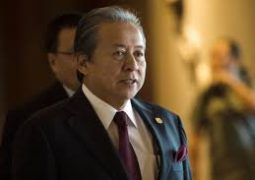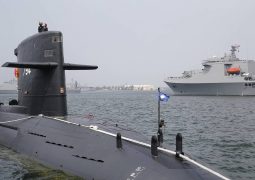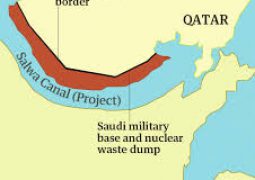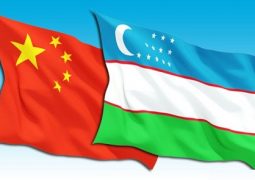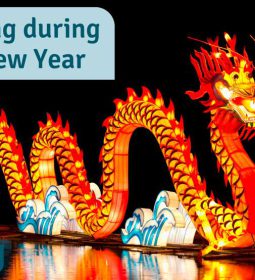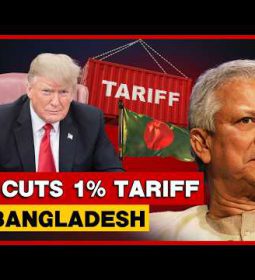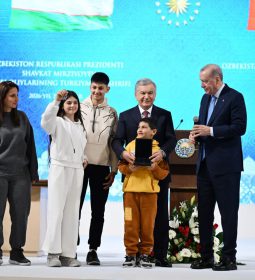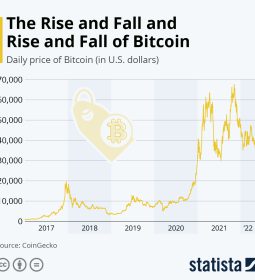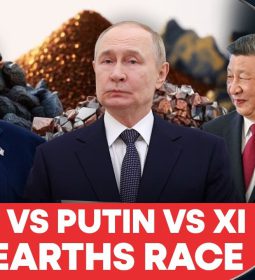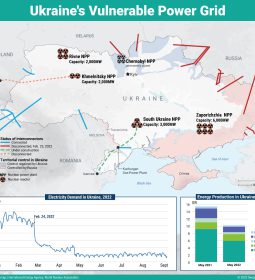New York Times: Xi Jinping Wanted Global Dominance. He Overshot.
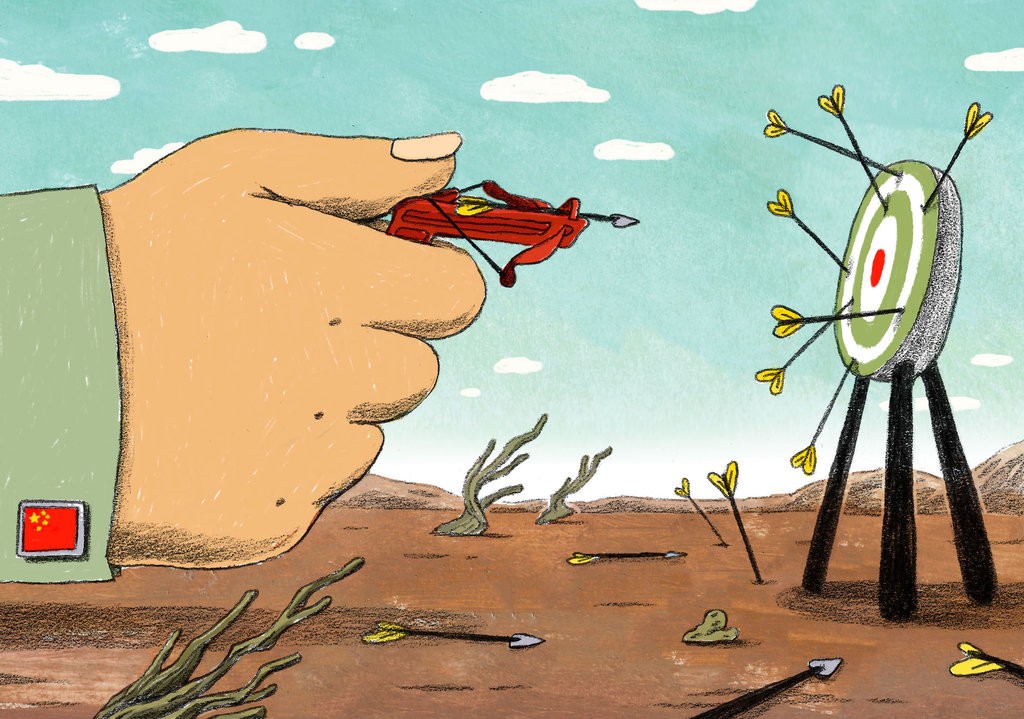
Opinion: Xi Jinping Wanted Global Dominance. He Overshot.
China wasn’t ready for the trade war with the United States.

By Yi-Zheng Lian
Mr. Lian is a former lead writer and chief editor of the Hong Kong Economic Journal.
The endgame in the trade war between China and the United States seems near. President Trump, betting with real currency — American strength — apparently has the upper hand, and the concessions President Xi Jinping is likely to make won’t be mere tokens. When — if? — an agreement is finally announced, Mr. Trump will surely fire off bragging tweets, partly to shore up his credentials for a second term, amid personal and policy troubles. For Mr. Xi, almost any deal could mean a very serious loss of face.
Mr. Xi assumed power when China was still riding high on its so-called economic miracle (and the United States remained mired in the aftereffects of the 2008-9 recession). He became general secretary of the Chinese Communist Party (C.C.P.) in late 2012 and president of the People’s Republic in early 2013. His anticorruption campaign was instantly popular. He championed the “Chinese Dream,” a vague vision of prosperity, strength and well-being for the country and its people, that seemed to fire up many citizens. His proposal to President Barack Obama to establish a “New Model of Major Country Relations” could only please Han-majority Chinese with imperial yearnings.
But those were easy stunts, performed in a country with no audible opposition and that bans “reckless” talk about the government. The trade war, on the other hand, is the first real occasion to assess Mr. Xi’s leadership capabilities. And his performance might not look so good, even if one discounts the setbacks related to the trade war.
First and foremost, Mr. Xi has utterly failed to manage the United States–Chinese relationship. In contrast, every Chinese leader since the founding of the communist state in 1949 had recognized the paramount importance of those ties, worked hard to improve them — and reaped huge benefits.
Mao staged Ping-Pong diplomacy to break the ice in 1971, and President Nixon supported him in his standoff against the Soviet Union. Deng Xiaoping went all-out to woo the United States, and President Jimmy Carter switched recognition of China from Taipei to Beijing in 1979. During the 1980s, the C.C.P. leaders Hu Yaobang and Zhao Ziyang invited Milton Friedman and other American economists to visit and provide advice; after that, American capitaland technology started flowing into China. In 1997, Jiang Zemin made an eight-day visit to the United States — at one point, while in Williamsburg, Va., putting on a three-cornered colonial hat. Bill Clinton then gave China a strong push to enter the World Trade Organization in 2001.
The Hu Jintao years, 2003–13, saw China’s most tactful exploitation of American openness (and naïveté). Cheap Chinese imports created runaway bilateral trade deficits for the United States. The Confucius Institutes, a network of language schools cum influence agencies, began to take root in American universities and high schools. (Today, there are more than 100 throughout the United States.) Chinese venture capitalists flooded Silicon Valley with money raised in American financial markets — then quietly siphoned off cutting-edge American expertise and injected it into China’s own high-tech hub.
But Mr. Xi has been aggressively hard-line. Under him, anti-American rhetoric has spread in official media. The Chinese government has been explicit about wanting to challenge the United States’s military presence in Asia. It has made aggressive moves toward Taiwan and in the South China Sea. It has sent Chinese battleships through American waters off the coast of Alaska. (It claimed to only be exercising the internationally recognized right of “innocent passage,” but the move clearly was a show of force.)
State authorities in Beijing try to co-opt members of China’s vast diaspora, hoping to develop a network that will facilitate political infiltration into other countries and high-tech transfers out of them. To this end, they resort to both overt schemes, like the Thousand Talents Plan, an official headhunting program, and covert tactics overseen by the C.C.P.’s influence machine, the United Front.
These efforts have set off alarms among some Americans. In 2017and 2018, two groups of blue-ribbon scholars and ex-officials from previous United States administrations advocated a fundamental change in America’s view of China. Their members were moderates and mostly well-disposed toward China. Yet some of their recommendations dovetailed with the views of the Trump administration hawks who consider China to be America’s number-one enemy and security threat. Mr. Xi, apparently oblivious to this sea change, was caught unprepared when Mr. Trump hit China with a tariff war.
The dispute is having a knock-on effect elsewhere in Asia, Australia and New Zealand, and Europe. After a summit in Brussels last month, China agreed to grant European Union countries “improved” market access, stop the forced transfer of technology and discuss the possibility of curtailing state subsidies to Chinese companies, which, other governments say, gives them an unfair competitive advantage. Although these concessions were presented in the mild, mutual-promise language of a joint statement, they were a clear setback for China and will blunt its global ambitions.
Why is all of this happening under Mr. Xi? History suggests an answer.
In the late 1950s, Mao began to challenge the Soviet Union’s leadership of the international communist movement, then a potent force that hoped to overturn the United States-led world order. Mao was also seeking global dominance, in line with the traditional concept that the emperor of the Middle Kingdom was the rightful ruler of “tian xia” (天下), everything under the heavens. But Mao overreached; China wasn’t strong enough for that then. The Soviet Union’s decision to scrap aid programs to China and pull out its scientific and technological advisers there dealt a severe blow to China’s underperforming socialist economy.

Like Mao with the Soviets, Mr. Xi may have challenged the global leadership of the United States too hard and too soon.
- Previous New York Times: Did China Break the World Economic Order?
- Next India Delivers Pair Of MI-24 Helicopters To Afghan Forces




